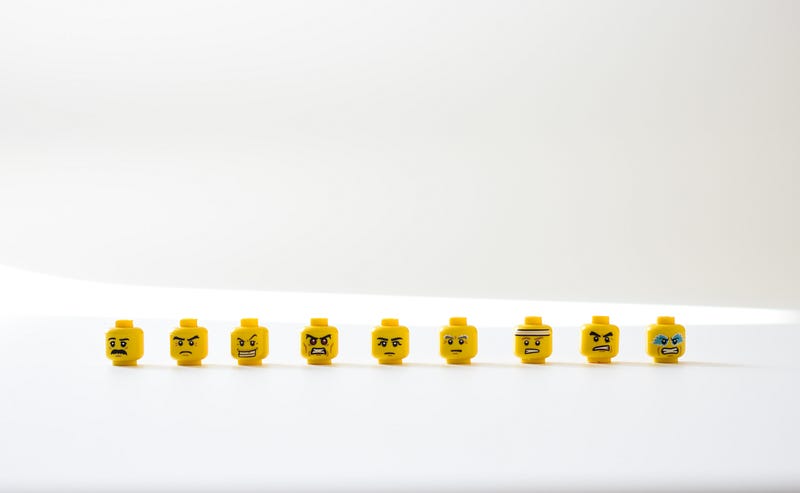# Understanding Emotional Dysregulation through Gaming Experiences
Written on
Chapter 1: Emotional Challenges in Gaming
Lately, I've been grappling with emotional dysregulation, and it often manifests in the most peculiar ways. Brace yourself for this revelation: I frequently experience guilt while playing Fortnite.
For those unfamiliar, Fortnite is a free-to-play battle royale game where up to 100 players compete to be the last one standing. You can play solo, in pairs, threes, or squads, all while avoiding a storm that gradually encroaches on the battlefield.
While I don't feel guilty about playing the game itself—I'm quite competitive and enjoy eliminating opponents to earn that coveted victory crown—I do feel remorse when a virtual wolf, boar, or chicken meets its demise due to my or my housemate's actions.

Photo by Nik on Unsplash
I realize how absurd this sounds. They are merely digital animals, after all. Nevertheless, I can’t shake off the feeling of sadness each time one disappears. I often find myself thinking, “What if I could have saved them?”
Imagine how disheartening it is when we lose a match, particularly because my focus wavers, leaving my housemate frustrated. This frustration compounds my guilt over the virtual animals, making the gaming experience quite overwhelming.
Consequently, I often log off after just a couple of rounds. I know that spending too long in this emotional state can ruin my day, but I wonder if pushing through might toughen me up. After all, exposure therapy has worked wonders for my housemate, who also struggles with anxiety.
When he started playing Fortnite five years ago, he was terrified by everything—the sounds, the unexpected players appearing out of nowhere. Yet he persevered for the sake of his son, who is part of the game's target audience. He would scream in fright but laugh it off, demonstrating to his son that it was okay to be scared. Over time, he became one of the most skilled players I’ve seen, rivaling even the professionals on YouTube.

Photo from GamerRant.com
So why haven’t I managed to overcome these emotional hurdles? After a year and a half of gameplay, I still find myself panicking during intense encounters and mourning the loss of those digital creatures (who, by the way, reappear in the next match). I often feel overwhelmed by the chaos on screen, unable to process everything quickly enough to act.
This seems to highlight the differences in our neurodivergent brains. While I flail around like a headless chicken (who I’d also feel sorry for in-game), my housemate is methodical, planning every move and sound while calmly guiding me through the chaos. His mind dismisses any concern for the virtual animals as trivial.
Despite these challenges, I intend to keep playing. I hope that one day I can convince myself that it’s the experience that counts, which could help me improve my concentration. And perhaps, I won't feel so deeply invested in the welfare of digital animals.
Until next time,
KD x
External Link:
Emotional Dysregulation
Chapter 2: The Lighter Side of ADHD
In the spirit of humor surrounding ADHD, here’s a compilation of amusing TikTok moments that resonate with many of us.
This video showcases various funny and relatable moments that highlight the quirks of ADHD, making light of our everyday struggles.
Next, enjoy a parody that adds a comedic twist to the challenges faced with ADHD.
This rendition of "Under The Sea" cleverly illustrates the ADHD experience through humor and music.